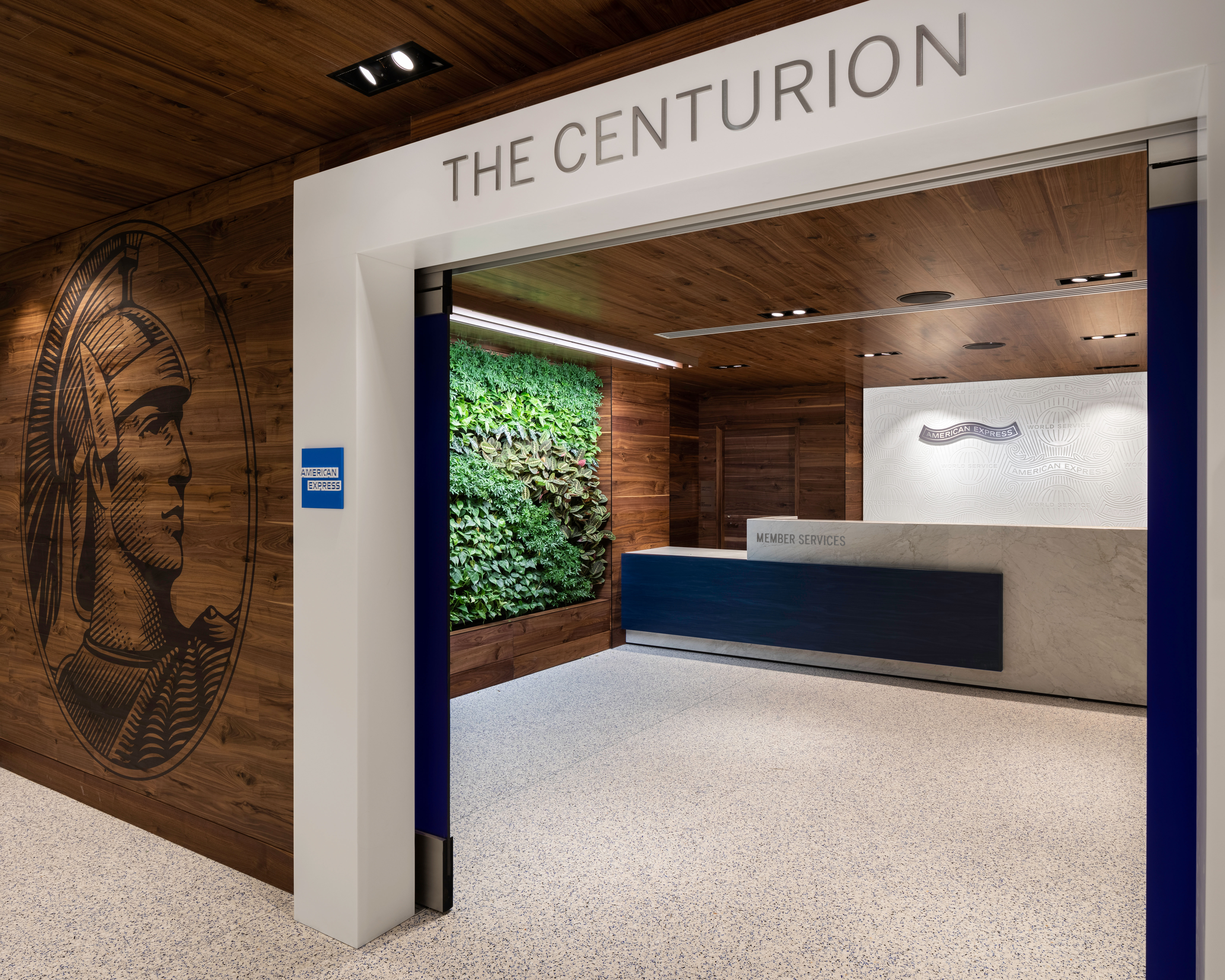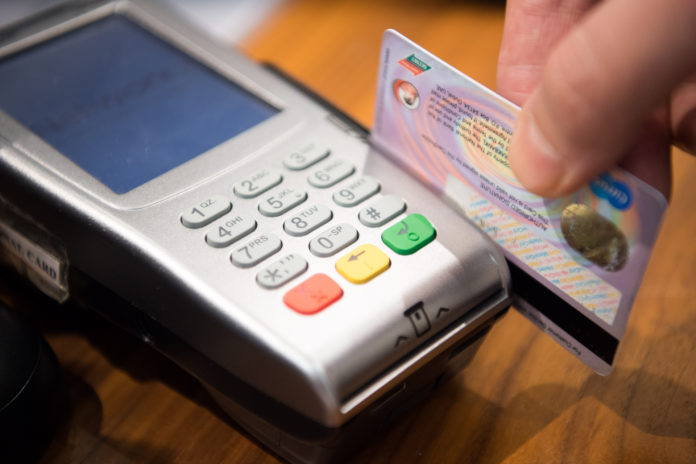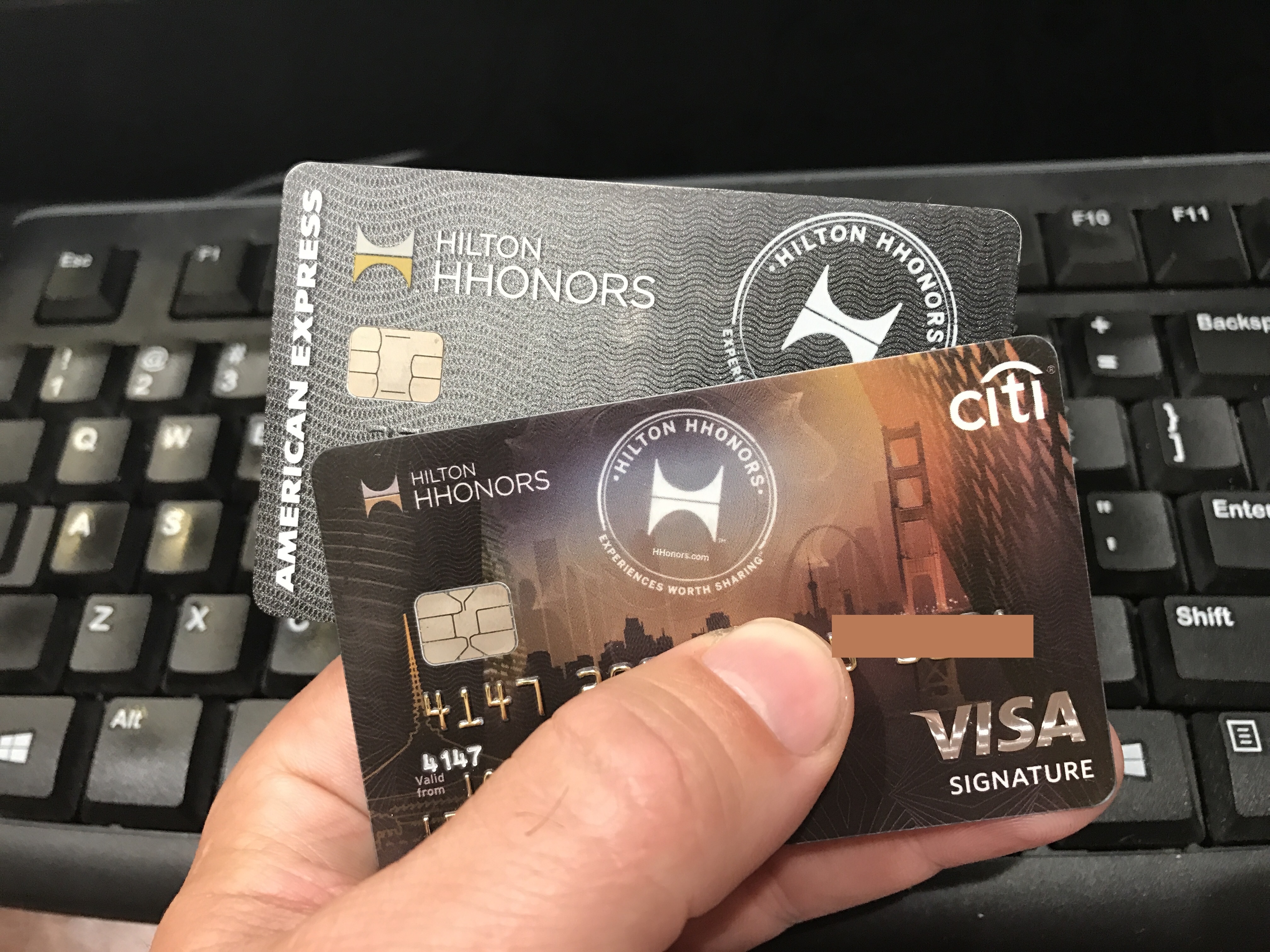When you’re involved in the miles and points world, you’re conditioned to try to maximize the rewards you earn on every purchase. While this can be a good strategy, it isn’t always the smartest way to use a credit card. There are seven situations where you shouldn’t use a card with the highest rewards.
7 situations where the smartest way to use a credit card isn’t using the card with the highest rewards?
I love earning miles, points, and cash back on my spending, but I don’t always reach for the card with the highest category bonus. Here are some of the most common situations that highlight that the smartest way to use a credit card isn’t always about using the card with the highest rewards.
Earning a Welcome Bonus
When you apply for a new credit card, you have a limited-time opportunity to earn a big bonus based on your spending. For some people, it can be a challenge to meet the minimum spending requirements to earn the bonus, so they need to really focus their efforts to hit the spending hurdle. Learn about the best credit card offers available right now.
Unfortunately, when you use one card for every purchase, you won’t be able to maximize your rewards with category bonuses. That’s ok.
It’s a wise move to forgo a few extra points on those purchases if it means that you’ll earn up to 100,000 or more by earning the welcome bonus. For example, if you’ll receive 60,000 bonus points by spending $3,000, you’re earning 20 points per dollar (plus the points you’re earning on every purchase). No credit card category bonus comes close to that.
Listen: Top Credit Cards For Points & Rewards
Hitting a Spending Bonus
In addition to welcome bonuses, some credit cards have ongoing rewards that you can earn based on your purchases every year. These rewards can provide significant value that far exceeds the extra points from a category bonus.
Here are a few examples of the spending bonuses you might be able to earn each year:
- Free hotel nights
- Elite status
- Airport lounge access
- Companion pass

Trip Delay/Cancellation/
When your trip goes wrong, it can get really expensive quickly. You may have to rebook flights, cancel activities, or make new hotel reservations. When you book with a credit card that offers trip delay, cancellation, or interruption benefits, you’ll be covered.
Booking your trip with a card that offers these benefits is a better move than worrying about how many points you’ll earn. I used to book all of my Southwest flights with their co-branded card. However, I’ve now switched to a premium card that provides travel protections to ensure that I’m covered in case weather or other situations affect our trips.
Each card that offers these benefits has specific restrictions, limitations, and other guidelines, so check with your bank. This way, you’ll understand your protection benefits before booking your trip.

Purchase Protection Benefits
Even when you’re not traveling, the right credit card can protect your everyday purchases. Many credit cards offer return protection, price protection, extended warranty, and other purchase protections.
- Purchase protection. Protects your items in case they are lost, stolen, or damaged within a short time after purchase.
- Return protection. If the merchant will not accept your return, this protection reimburses you for the item.
- Price protection. When a price drops on the same exact item, you’ll receive the difference between the two prices.
- Extended warranty. Extends the manufacturer’s warranty for up to two years.
Not all items are eligible for protection and some have a transaction, annual, or lifetime limit. Check with your card issuer before making your purchase.
You Carried a Balance and Are Paying Interest
If you’re carrying a balance on a credit card, the smartest way to use a credit card is to avoid making any additional purchases on it. One of the major benefits of a credit card is being able to make purchases today, then pay for it by the due date with no interest. Depending on when you make the purchase, you might be able to get 45 days or more of interest-free financing this way.
However, when you carry a balance from one month to the next, you do not receive this interest-free period. So, while you are working to pay off this balance, make purchases with your debit card or another credit card that is paid in full every month. This will minimize the overall interest that you’re paying and allow you to pay off your debts much quicker.
Keeping Business and Personal Expenses Separate
When you’re in business for yourself, it is very important to track your expenses so that you properly include them in your tax returns. If you’re using one or more personal credit cards instead of a business credit card, it can be difficult to keep track of what is a personal vs. business transaction. Tax rates are high enough as it is, you don’t want to miss out on a valuable tax deduction because you didn’t record it in your business income statement.
Read: 17 Hidden Benefits of the American Express Platinum Card
Need Extra Time to Pay the Bill
As I mentioned above, when you time it right, you may be able to get 45 days or more of interest-free financing on your purchases. Most credit cards offer a 21-to-25 or longer day grace period between statements. If you can time your purchase to just after the statement closes, you won’t have to pay for that purchase until the next statement’s due date. That’s almost two months away… which can give you time to extra time to pay the bill.
Some credit cards also offer a 0% introductory APR on purchases for new cardholders. These Interest-free periods can last for a year or longer, which makes them ideal for people who need to make a big purchase, but need longer to pay it off.
The Bald Thoughts
My family and I travel the world using the miles, points, and cash back that we earn from our credit cards. And, as much as I value those rewards, sometimes it makes sense to use a credit card that offers different perks instead of the highest category bonuses. So, before you pull out your wallet to make a purchase, think about the smartest way to use a credit card. Does it make more sense to earn the highest rewards on that bonus category or should you be taking advantage of other benefits that a different credit card provides?
Did I miss anything? Let me know in the comments if there are any other situations where you chose a different card vs. the one that earns the highest rewards.




